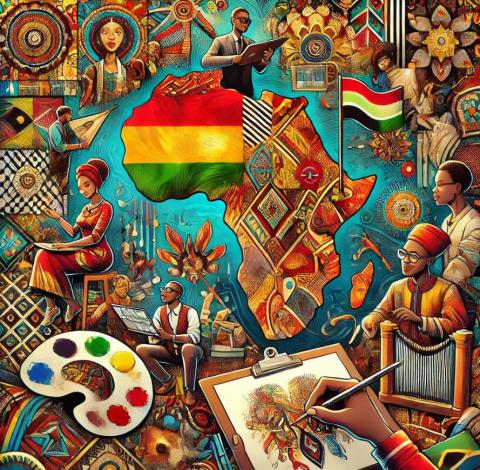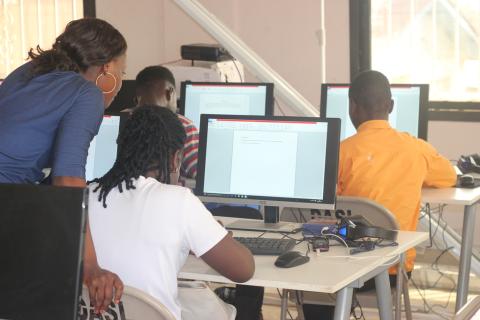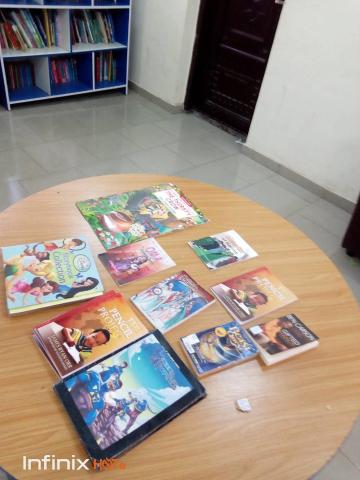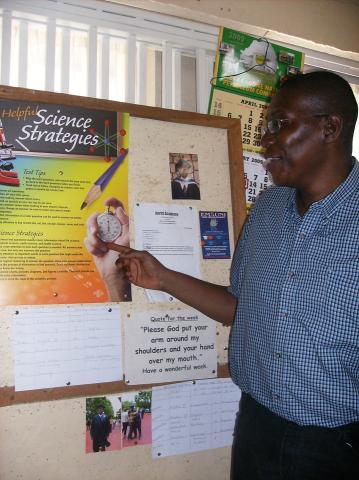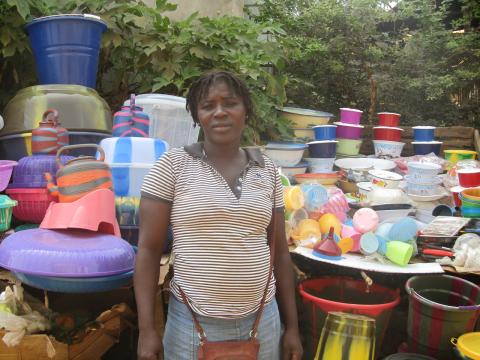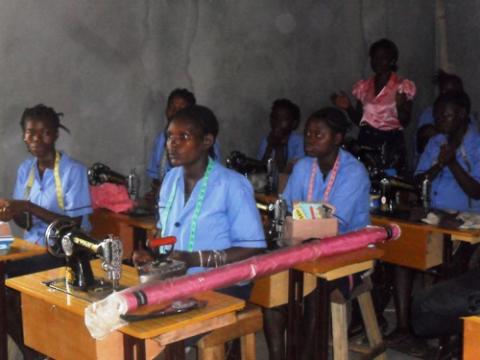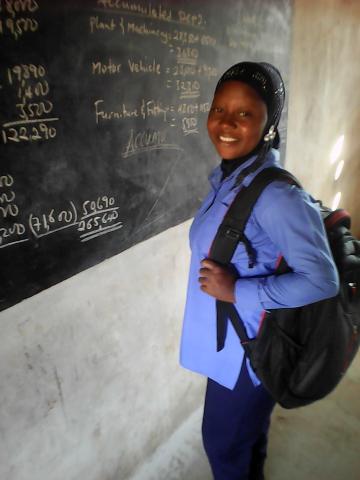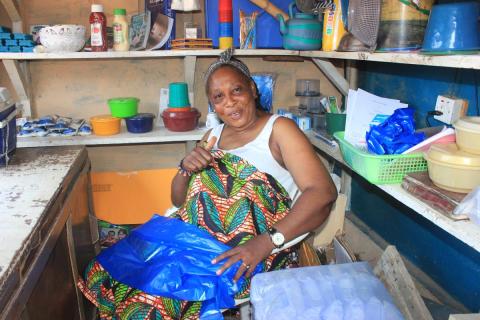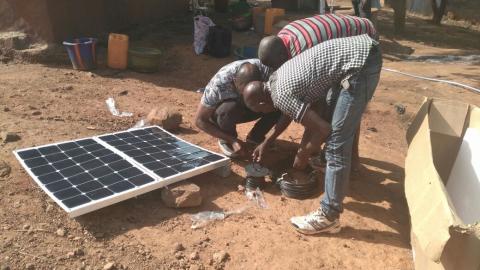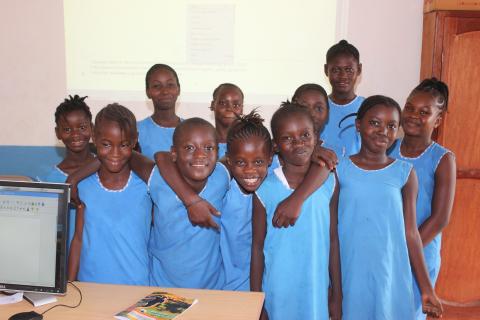The Power of African Art: How Creativity Connects Culture, History, and Identity
Are you an art fanatic? Art is an extremely powerful way to deepen understanding for other cultures, share stories, and preserve traditions.
In honor of the recent “Inspire Your Heart with Art Day”, celebrated on January 31st, we can take a moment to admire some inspiring African artists and their incredible artwork.
Check out the work of these talented African artists:

